Search
Did you mean: Moses?
Search Results
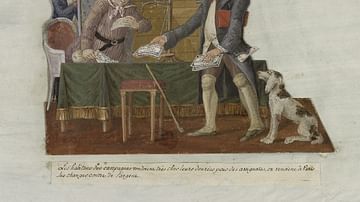
Image
Peasant Selling his Assignats to a Money Changer
Peasant selling his assignats to a money changer, Paris, gouache by Jean-Baptiste Lesueur, c. 1789-1796.
Musée Carnavalet, Paris.

Video
America's First Paper Currency: The History of Money, America
Where did paper money come from? Despite it seeming like a modern invention, its origins go back to Ancient China. And, despite it now being hard to think of a world without paper money, in 1968, Americans could still redeem their U.S. bills...

Video
Croesus: All the Money in the World
Check out Squarespace: http://squarespace.com/biographics for a 10% off on your first purchase. → Subscribe for new videos four times per week. https://www.youtube.com/c/biographics?sub_confirmation=1 This video is #sponsored by Squarespace...

Video
Understanding Money in Colonial America
Michael Goudket, the Adjutant General of the Order of the Ancient & Honorable Huntington Militia, explains currency used in 18th Century Colonial America. To better understand daily life and material culture in Colonial America, one must...
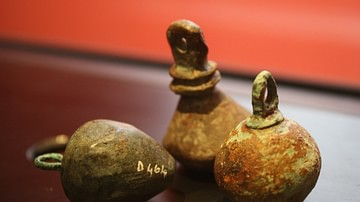
Article
Banking in the Roman World
Just as in other ancient civilizations, the first banks in Rome began in the temples consecrated to the ancient Gods. Many temples held in their basements the Romans' money and treasure, and were involved in banking activities such as lending...

Article
Colonial American Currency
Colonial American currency was a work in progress from the time of the earliest English settlements of the 1600s until the United States of America minted its own money in 1783. The monetary system was far from standardized, and trade within...
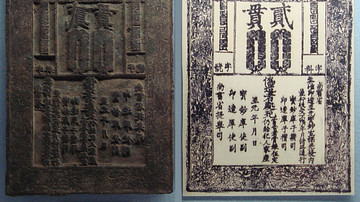
Article
Paper in Ancient China
The widespread use of paper and printing were features of ancient China which distinguished it from other ancient cultures. Traditionally, paper was invented in the early 2nd century CE, but there is evidence it was much earlier. As a cheaper...
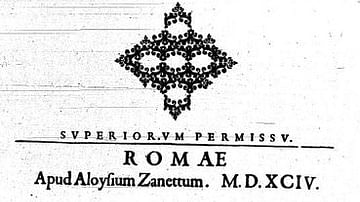
Article
The Life of Aristippus in Diogenes Laertius
Aristippus of Cyrene (l. c. 435-356 BCE) was a hedonistic Greek philosopher who taught that the meaning of life was pleasure and that the pursuit of pleasure, therefore, was the most noble path one could pursue. Along with Plato, Xenophon...
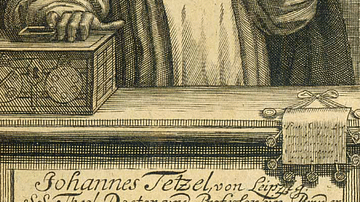
Definition
Johann Tetzel
Johann Tetzel (l.c. 1465-1519) was a Dominican Friar who became famous as one of the most effective indulgence salesmen and who inadvertently inspired the Protestant Reformation when Martin Luther (l. 1483-1546) wrote his 95 Theses protesting...
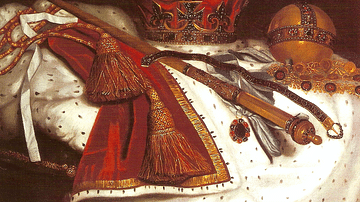
Article
Causes of the English Civil Wars
The English Civil Wars (1642-1651) were caused by a monumental clash of ideas between King Charles I of England (r. 1625-1649) and his parliament. Arguments over the powers of the monarchy, finances, questions of religious practices and toleration...